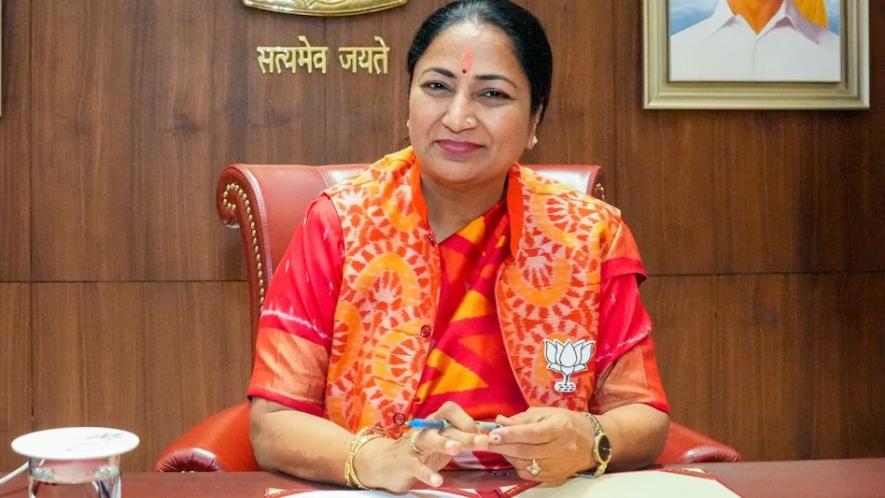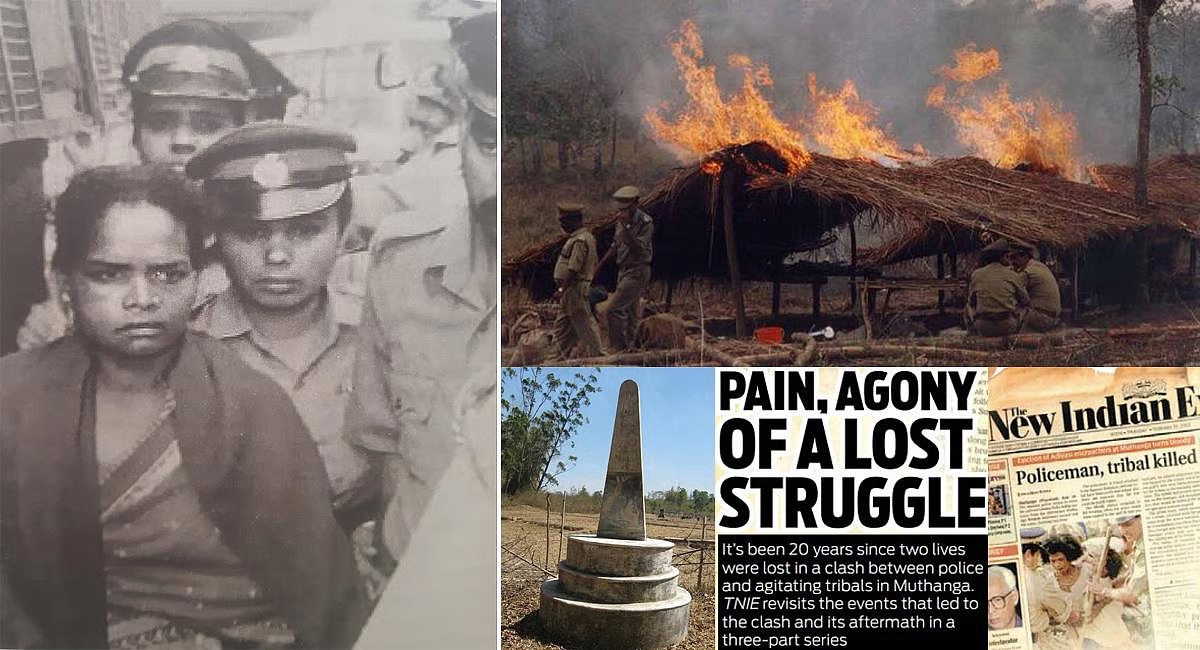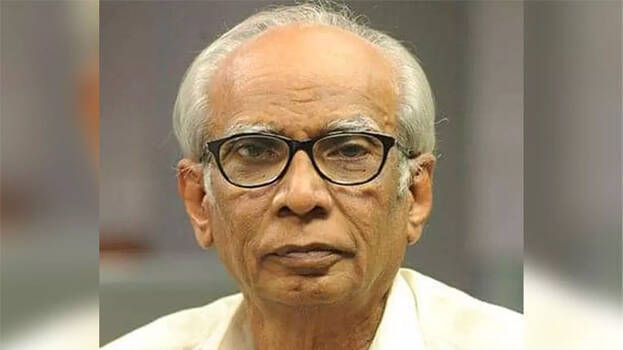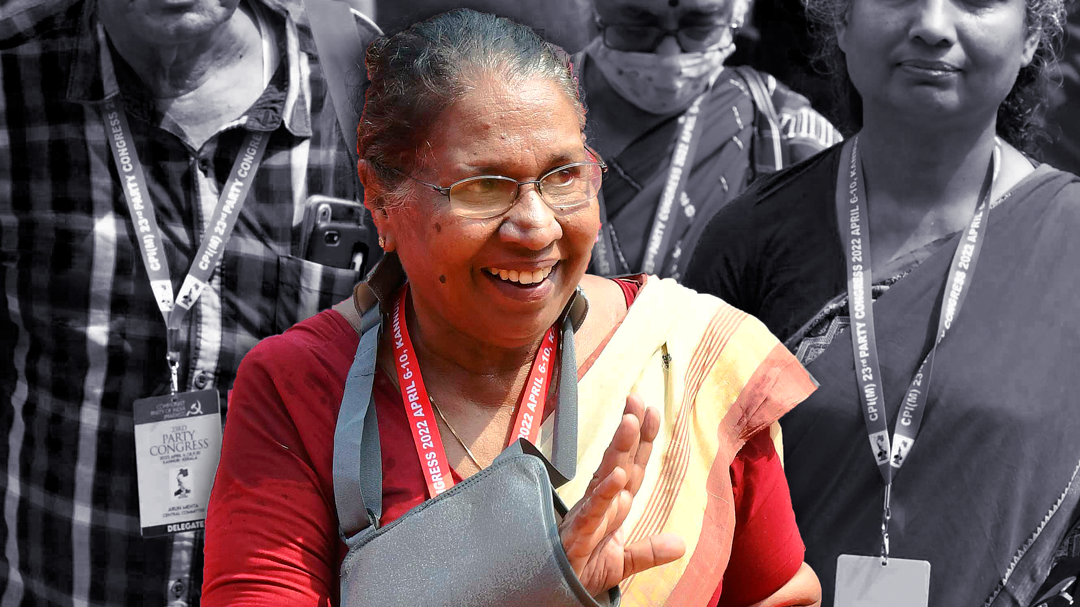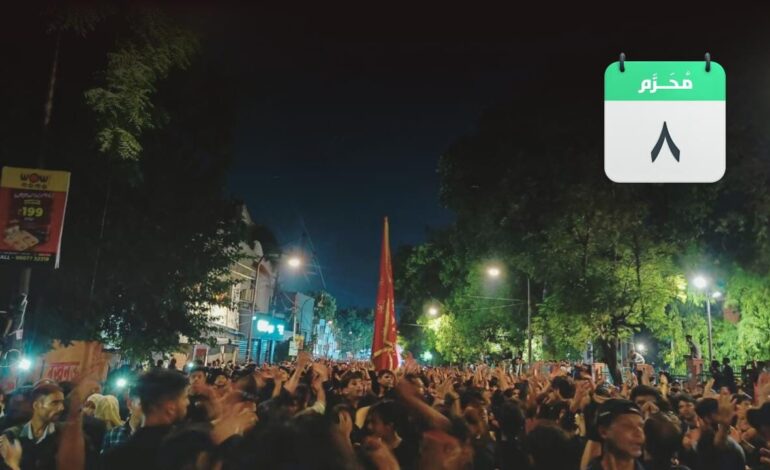
Muharram, the first month of the Islamic calendar, holds profound significance due to the tragic events of Karbala that unfolded in 680 CE. The martyrdom of Imam Hussain, the grandson of Prophet Muhammad, along with his family and supporters, marked a pivotal moment in Islamic history. The battle of Karbala, a tale of resistance against tyranny and the struggle for justice, transcends religious boundaries and has resonated deeply within various socio-political contexts, including India. This essay explores how the message of Muharram has influenced and continues to shape socio-political structures in India.
Historical Context and Cultural Integration
India, with its rich tapestry of religious and cultural diversity, has a unique relationship with Muharram. The observance of Muharram, especially the Day of Ashura, has been an integral part of India’s cultural fabric for centuries. The commemoration of Imam Hussain’s martyrdom through processions, lamentations, and reenactments (known as “tazias”) is not confined to the Muslim community alone. Various sects and even non-Muslim communities partake in these observances, symbolizing a broader cultural integration.
The message of Karbala—resistance against oppression and the quest for justice—finds a particular resonance in India’s historical struggles against colonial rule and internal social injustices. Leaders like Mahatma Gandhi drew inspiration from the sacrifices of Karbala, emphasizing non-violence and steadfastness in the face of tyranny. Gandhi’s analogy of Imam Hussain’s martyrdom as a symbol of non-violent resistance underscores the deep-rooted influence of Muharram’s message on India’s socio-political movements.
Social Justice and Reform
The narrative of Karbala emphasizes the principles of justice, equality, and standing up against oppression. These principles have profoundly influenced social reform movements in India. For instance, the fight against caste-based discrimination and untouchability has parallels with the stand taken by Imam Hussain against the unjust rule of Yazid. Social reformers in India, like B.R Ambedkar, echoed similar sentiments, advocating for the rights of the marginalized and oppressed communities.
The essence of Karbala has also been instrumental in promoting communal harmony and unity. The shared commemoration of Muharram by diverse religious groups fosters a sense of solidarity and mutual respect. This unity is crucial in a pluralistic society like India, where communal tensions can be a significant socio-political challenge. The inclusive spirit of Muharram serves as a reminder of the common human values that bind different communities together.
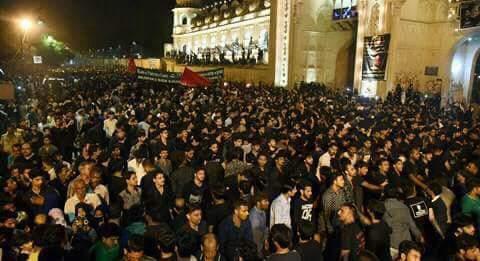
Political Activism and Resistance
The story of Karbala is inherently political, rooted in the defiance against a tyrannical regime. This aspect of Muharram has inspired political activism and resistance movements across India. The struggle for independence from British rule saw many parallels drawn with Karbala, where freedom fighters viewed their struggle as a continuation of Imam Hussain’s fight for justice.
In contemporary times, the message of Muharram continues to inspire political movements against corruption, authoritarianism, and human rights abuses. Activists and leaders invoke the spirit of Karbala to mobilize people and galvanize support for causes that aim to uphold justice and fight against systemic oppression. The enduring relevance of Karbala’s message is evident in various protests and movements, where slogans and symbols from Muharram are prominently displayed.
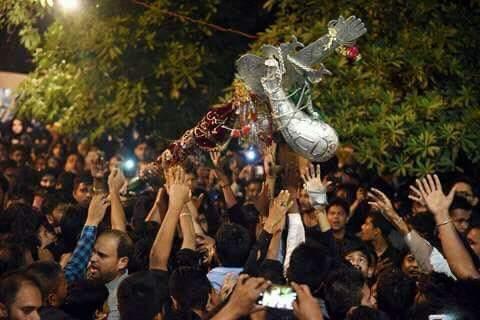
The socio-political significance of Muharram, particularly in the Indian context, is a testament to the timeless relevance of the events of Karbala. The principles of justice, resistance against tyranny, and the pursuit of equality that define Muharram have permeated India’s historical and contemporary socio-political landscape. From inspiring leaders and social reformers to fostering communal harmony and mobilizing political activism, the message of Karbala continues to shape and influence the ethos of Indian society. As India navigates its complex socio-political challenges, the legacy of Muharram remains a powerful beacon of hope, guiding the nation towards a more just and equitable future.




